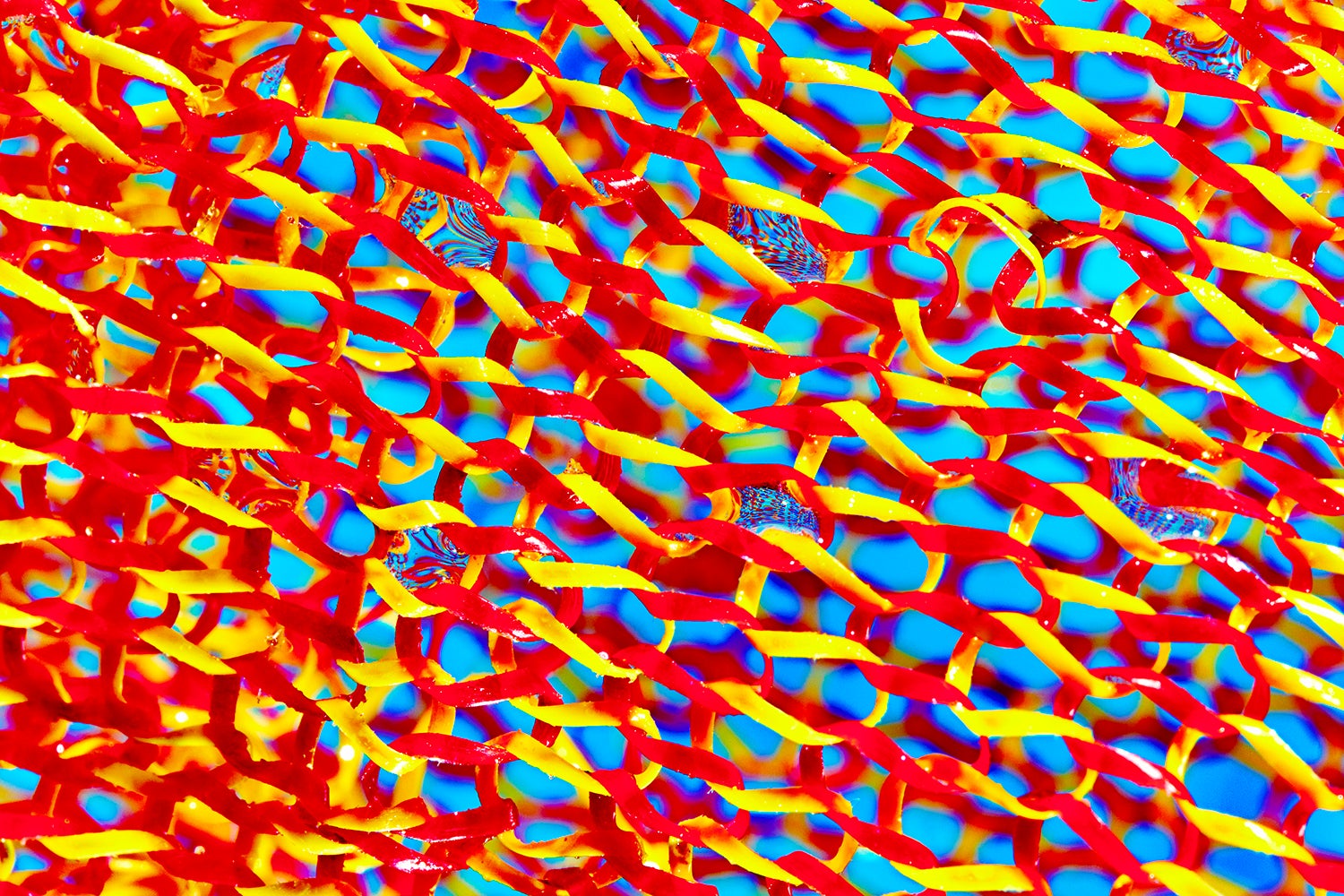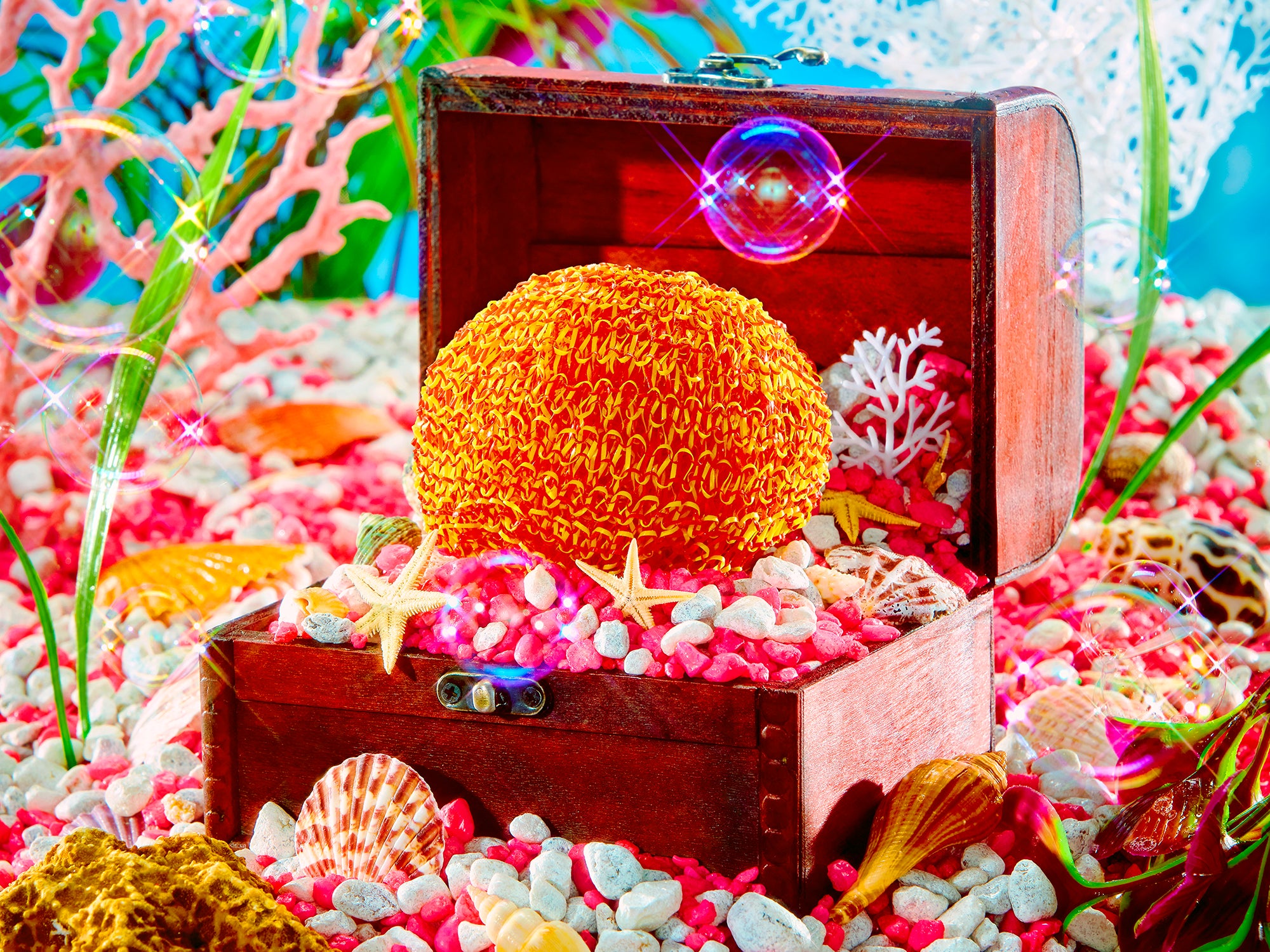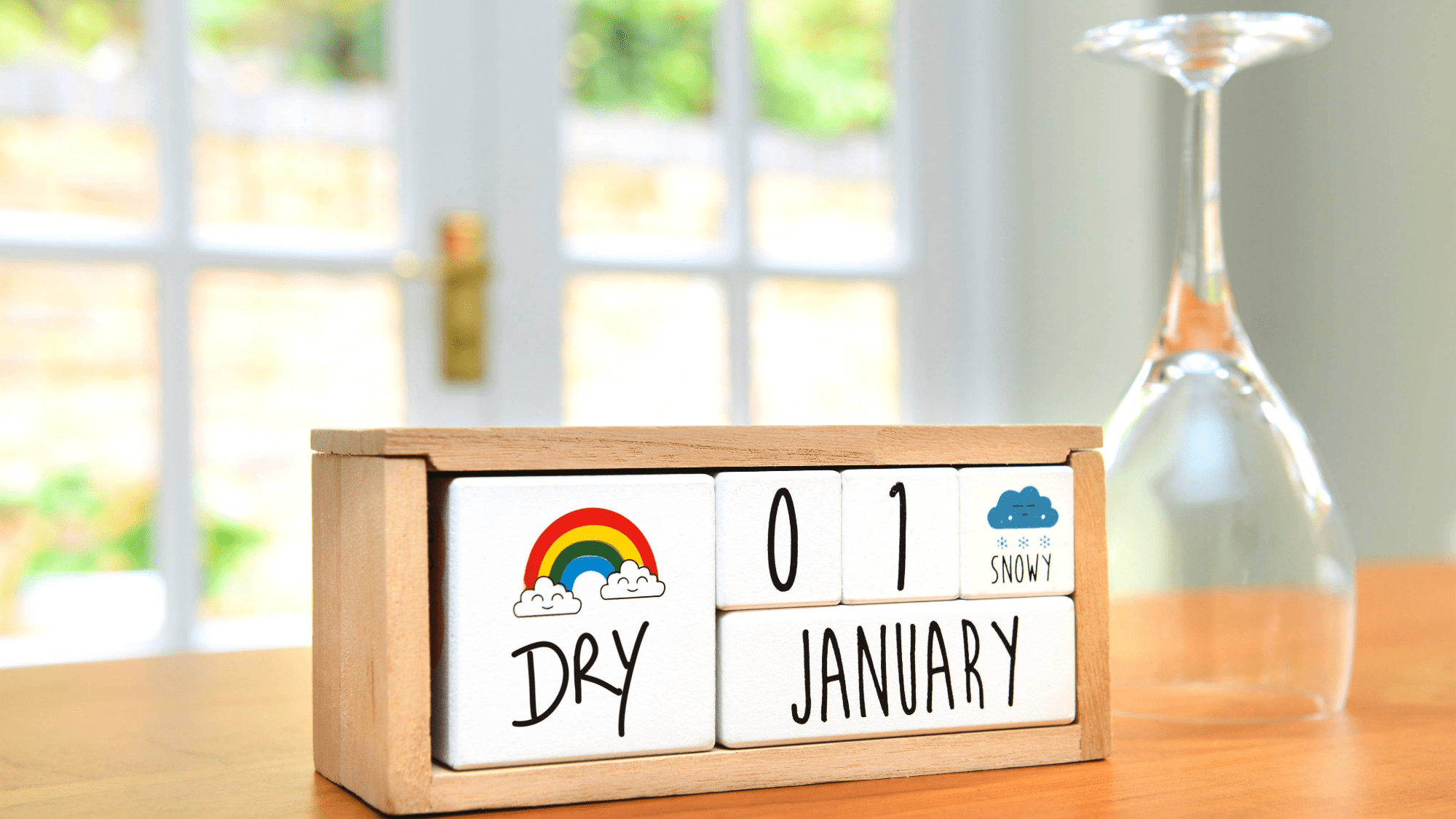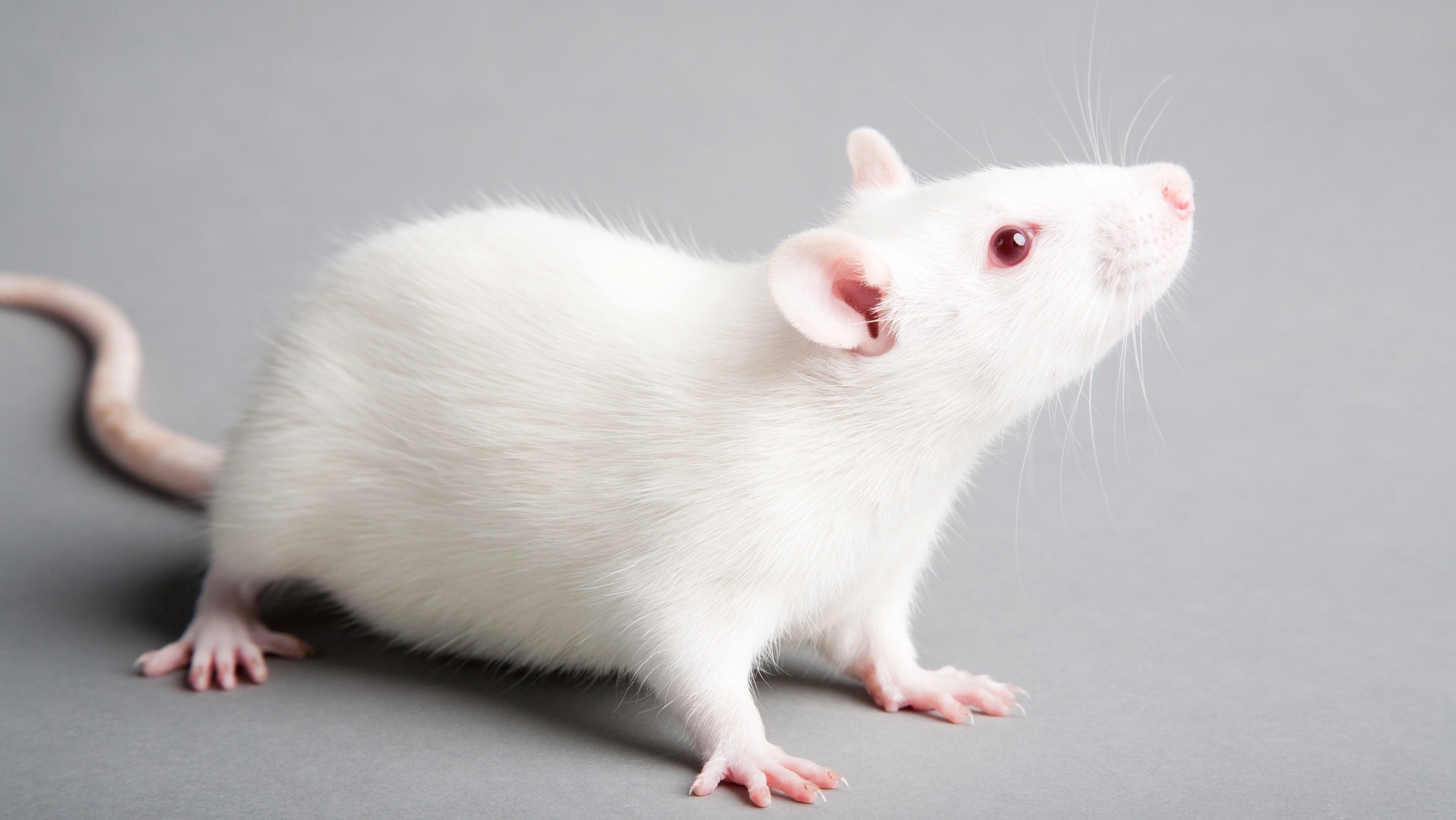ONE DAY in the late 1980s, Bruce Menge was wandering the aisles of a grocery store, thinking over a particular problem he was having with plankton. A professor of marine biology at Oregon State University, Menge is a specialist in what’s known as a meta-ecosystem, the place where two discrete ecologies collide. In his case, the spot where the land meets the sea. Menge’s problem was that the billions of tiny mussel and barnacle larvae—collectively called plankton—carried from the deeper waters toward the shoreline had to eventually land on something so he could gather and study them. But what could that something be?
Barnacles and mussels filter water and shape the shore, and their numbers can reveal the health of the whole coast. The best way to calculate these shifts, Menge found, was to sample the populations a few times a year, just as their larvae began settling.
With barnacles, collecting the samples had been pretty easy: He and his lab had found that the anti-slick surface used on boat decking worked well. Mussels, however, were proving much trickier. Their larvae settle on the tufted strands of green algae and the byssal threads of adult mussels—heavily varied surfaces, and difficult to emulate. He needed something that acted like these natural landing strips but was decidedly unnatural in its uniformity.
That’s when he saw it, right in the cleaning aisle: a reddish, orangish, plastic-fiber-filamented ball designed for scrubbing pots and pans, but potentially perfect for his plankton problem. Eureka! The Tuffy.
“I thought, Whoa, that might do,” Menge recalls. He bought several, took them to his lab, fitted them with lag screws and washers, and anchored them to rocks at a few study sites along the Oregon coast, not far from his barnacle plates with the anti-slick boat decking. Menge returned every few weeks, and after three months, sure enough, little mussels had started attaching to the Tuffys’ fibers.
Within a few years, Menge and his lab were ordering Tuffys by the dozens, then the hundreds. Word had spread. The sponge was quickly becoming the mussel recruitment medium for marine biologists around the globe. It worked with species in Connecticut and Chile, in South Africa and New Zealand, and along the coasts of both the US and Australia. Best of all, it was affordable, easy to find, and standardized.
A few decades passed without incident. But there was just one looming catch: The Tuffy wasn’t made for marine scientists. It was a tool for scrubbing kitchenware—a highly competitive slice of the consumer product market. In the early 2010s, despite its rabid fan base in the world of plankton research, the Tuffy was unceremoniously discontinued.
The reasons were boringly corporate. “Although a great number of consumers enjoyed it, the consumer demand was not substantial enough to warrant our continuing to market the S.O.S. Tuffy,” is the official line. Tuffy was manufactured by S.O.S. (for “Save Our Saucepans”), which in 1994 was purchased by the Clorox Company. The firm quietly phased out the product while introducing another product called the S.O.S. Non-Scratch Scrubber. While the new tool is sometimes, confusingly, marketed under the name Tuffy, marine scientists, cast iron collectors, and Amazon reviewers alike agree it’s inferior to the original. Once word got out that the Tuffy was going the way of the dodo, researchers scrambled, buying up boxes for many times their grocery-store prices on eBay and scouring the market for possible replacements.
Within the world of marine scientists studying shoreline ecosystems, the Tuffy discontinuation was a tsunami. But to the Clorox Company, it was but an indistinguishable ripple in the sea of consumer desire. Some thought the sponge could have stood to improve at what it was designed to do. Menge certainly thought so. “The thing about a Tuffy,” he says, “is it’s actually a pretty terrible scrubbing pad. But they are great for recruiting mussels.” The fibrous balls had become the standard, and because they were the standard, the mussel studies depended on them.
There is an economic and organizational theory that helps explain what happened with the Tuffy scramble: It’s called path dependence, and the name pretty much describes it perfectly. Once a certain route is forged, a certain standard set, it’s incredibly difficult to abandon. Subscribers to path dependence (and that includes everyone from C-suite business types to evolutionary economists) are fond of the saying History matters—meaning that everything from the particular widths of rail gauges to VHS outlasting Betamax after the videocassette wars of the 1980s depends on certain quirks of the past.
Bruce Menge stumbled upon a pot scrubber in a grocery store aisle, and before long, studies of coastline ecosystem health became dependent on the Tuffy. But suddenly, a rare, even historic event: The Tuffy was gone, and the path diverged.

SCIENTISTS REPURPOSE off-the-shelf products all the time: tea strainers for sifting bones, toothbrushes for scrubbing samples, yoga mats as a surface for performing fish surgery, nail polish for tracking and eradicating a botfly infestation. Jennifer Caselle, a research biologist at the University of California, Santa Barbara’s Marine Science Institute, is something of an expert in such repurposing. Victoria’s Secret’s Amber Romance scent, she pointed out in a presentation on the topic a few years ago, is known among field biologists as one of the best bug repellents available. A spill-proof paper from Xerox worked particularly well for logging data underwater. When the manufacturer changed the formula to one that no longer worked beneath the waves, “There was a whole period of a year or two where marine science almost got shut down.” She’s kidding, but she then adds, more gravely, “Xerox doesn’t even know. That’s why the repurposing is dangerous, because you could lose it, and they”—the companies behind the products—“are not really going to care.” Caselle knows this firsthand, as she relies on Tuffys for mussel recruitment in her own studies.
While it can be hard on consumers to lose something they’ve used and grown accustomed to—there are entire message board discussions dedicated to the discontinued Tuffy—they don’t quite come to depend on it the way researchers do. There’s a difference between a tool for pot scrubbing and a scientific standard; for the latter, even the closest analog could introduce a variable that could skew the data.
Some classic examples of path dependency have decidedly lower stakes. The QWERTY keyboard continues to reign supreme even in the face of other, better, more efficient layouts. But long ago, we picked QWERTY as our standard, so QWERTY is what we’re stuck with. How we became stuck with the configuration is a matter of debate; some historians point to a national typing-speed competition in the late 1880s in which the winning contestant had secretly memorized the QWERTY key positions, because—as the story goes—the layout made absolutely no sense.
Within the world of marine scientists studying shoreline ecosystems, the Tuffy discontinuation was a tsunami.
A lot of modern life is like this: Collisions of happenstance set us on paths we stick to for far longer than seems logical. Consider the automobile—the kind that requires us to pull fossilized plankton up out of the earth and set it on fire to make it go. In their early days, steam- and electric-powered cars were just as popular as those that used internal combustion, if not more so. But prospectors kept discovering oil in great quantities; it was cheap to transport and delivered a huge amount of energy very quickly and easily. It won out. Knowing that the paths we forge, the standards we set, are the stuff not of brutal logic but of historic coincidence can make you throw up your hands and curse the Fates. Or, if you’re a scientist, it might make you roll up your sleeves and go about finding a way forward.
Caselle and her lab cope by reusing their old Tuffys, which isn’t nearly as simple as one might imagine. First, grad students unravel each sponge, deconstructing it from its balled-up form into something quite long and cylindrical, like a fishnet stocking. Then they carefully lay the sock out and scrub off its detritus, which includes the larvae of mussels and clams and various other tiny sea creatures, letting it all collect in a sorting tray for later inspection under a microscope. The biologists then rinse the Tuffys and drape them along the edges of a gigantic cardboard box. Next to that container is another, identical one containing reassembled, ready-to-use Tuffys, balled back up and bundled into pairs with cable ties. These reconstituted fibrous poufs will eventually be attached to a mooring line and thrown out into the Pacific, hundreds of yards off the coast.
Below the sorting station sits a box filled with wooden deck brushes, used for recruiting urchin larvae. Out on research boats, Caselle also relies on SMURFs—Standardized Monitoring Units for Recruitment of Fishes—made from garden and snow fencing that mimics the kelp canopy, where many baby fish and some small crabs make their homes. Caselle’s lab, like most, employs items anyone can buy, repurposed for science in the hope that companies won’t yank them off the market.
When she first learned about the Great Tuffy Vanishing, Caselle was of course worried, but not too worried. Sure, she called around, looking into finding a replacement. But her lab already had a solution. She’d always felt terrible about having to throw the scrubbers out (“Here we are, marine scientists, throwing away all this plastic for our research!”) and so had instituted the unspooling, drying, and re-bundling routine.
Still, she knew her cache couldn’t last forever, and she could rarely find any online anymore. (Even the replacements Clorox markets fetch $35 a pair from devoted pot scrubbers on eBay.) She thought about trying other sponges, just to see if they might work, but she had second thoughts after she realized that deviating from the Tuffy might compromise the integrity of her dataset. At one point 3M sent a crate of Dobie scrubbers for use in a different experiment. These, too, were in all ways inferior to the Tuffy. Too tight a weave. Not as flexible. Generally just wrong. “Oh my God, do you want them? We hate them,” she says.
NOW TUFFYLESS, Menge—whom Caselle calls “Grandpa Tuffy”—has lately been giving renewed attention to his historic data, trying to see what oceanic and climactic secrets the shoreline plankton populations may have been holding on to. Specifically, he’s been looking at how recruitment of mussels and barnacles varies during and after marine heat waves. Such spikes in ocean temps trigger extreme weather events and species die-offs, among other ill effects. These heat waves “are definitely going to be a thing of the future, more frequent, more intense, and pose a really major threat to coastal ecosystems,” he says. In June 2021, a record-smashing scorcher hit the Pacific Northwest, and temperatures along the coastline topped 120 degrees Fahrenheit, killing an estimated billion creatures along the seashore. The collapse of mussel beds in some areas was nearly total, which would almost certainly indicate a broader collapse of the ecosystem at large.
The mussels were telling us what was coming. One retrospective study of data from 2011 and 2012 published in the journal PLOS One in 2020 explored how their calcareous shells register the increased acidification of the sea, a result of rising CO2 in the atmosphere. Another looked at how patterns in mussel populations offer insight into shifts in the tides and new patterns of upwelling. Such studies all used the Tuffy as a recruitment tool for larvae, tapping the plankton themselves as ecosystem bellwethers: anchored in place, long-lived, collecting what comes from the current.
If a mussel were capable of knowing anything, it might know its own history, seeing as it lives upon it: New ones often settle atop old in a kind of mollusk palimpsest, and some individuals can live for 50 years. But even if the bivalves knew of these shifts, what could they do about the changing waters? Where would they go? A mussel’s path, once it is anchored, can’t be altered. Ours can. But only if we work at it, only if we bother paying attention to the signs and signals of our increasingly imperiled world. Sometimes those signals are coming from the unexpected and overlooked.
The lesson of the Tuffy isn’t that the whims of corporate America can dismantle decades of science—after all, the researchers have adjusted to the new reality and kept on, reexamining old data, reusing old Tuffys. The lesson is in the mussels themselves and all that they can teach us, all that they have been warning us of. For years, Menge recalls, his peers considered data about changes in mussel population incidental, a mere afterthought. “We didn’t think about why this change [in mussel populations] was happening, what factors were underlying it,” he said. The prevailing thought was that “it probably wasn’t that important. Well, it turns out, it was.”



















